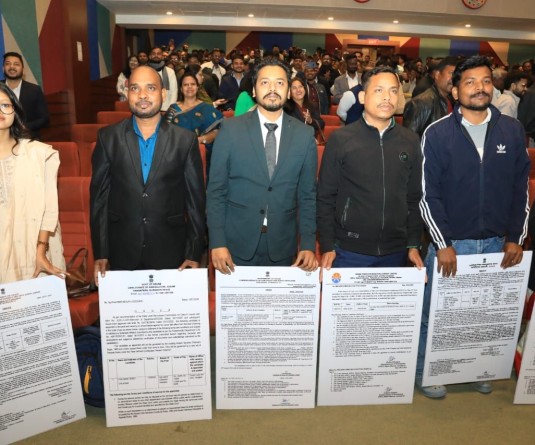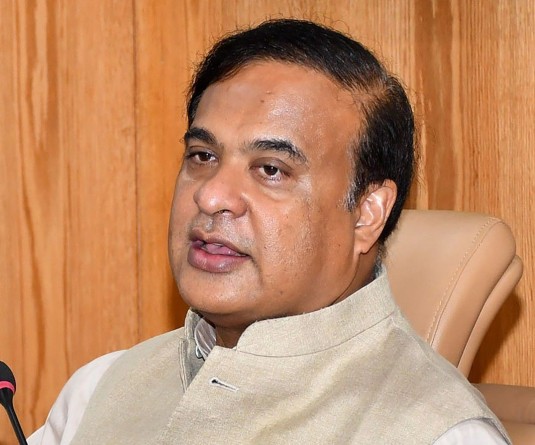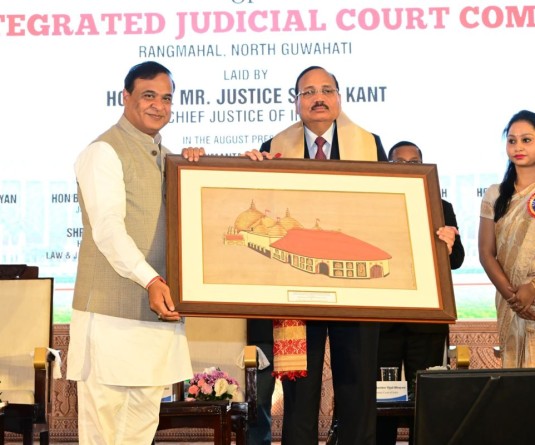
Newmai News Network
Imphal | September 7
On the eve of its proposed “trade embargo in Naga areas,” the United Naga Council (UNC) has appealed for solidarity and participation, stating that the agitation marks the beginning of a non-cooperation movement until its grievances are addressed.
The embargo will commence from midnight of September 8, following the breakdown of talks with the Government of India on August 26 in New Delhi over the Free Movement Regime (FMR) and border fencing.
The UNC said today that the "trade embargo" is the beginning of the Naga peoples' non-cooperation movement that will be relentlessly followed by many such actions until "our grievances" are addressed satisfactorily. It will continue till further notification.
The UNC expressed strong opposition to the Ministry of Home Affairs’ February 2024 decision to fence the 1,643 km India-Myanmar border, a project cleared by the Cabinet Committee on Security in March at an estimated cost of Rs 31,000 crore.
The plan would physically divide over 1,000 km of Naga homeland, cutting ties with Nagas across Myanmar, the UNC contented in a statement issued to Newmai News Network this evening.
Tracing the history of the FMR, the Council noted its implementation in 1950, restructured in 1968 with a 40 km movement limit, later reduced to 16 km in 2004.
The regime was suspended in February 2024 and the MHA in December finalised a fresh protocol to regulate the movement of people and limited the distance radius to only within 10 km of the unfenced international border, the UNC statement said.
The Government has argued the changes are necessary to curb illegal immigration, drug trafficking and arms smuggling, among others.
The UNC, however, termed the boundary “imaginary,” insisting the Nagas never recognised its legitimacy. It accused the Government of India of disregarding traditional land rights, and described the fencing as an “inhuman act” aimed at weakening the Naga movement.
The Council demanded that no restrictions be imposed along the Indo-Myanmar border, the fencing project be revoked, and the Indo-Naga peace process expedited. Urging unity, it appealed to all democratic organisations and individuals to support what it called a peaceful and democratic protest for justice and the survival of the Naga people.
The UNC clarified that the embargo is not intended to cause hardship to ordinary citizens but to register the collective resentment of the Nagas. It described the action as a “peaceful and democratic means” to highlight the existential threat posed by the proposed fencing and restrictive border regime.


.jpg)



